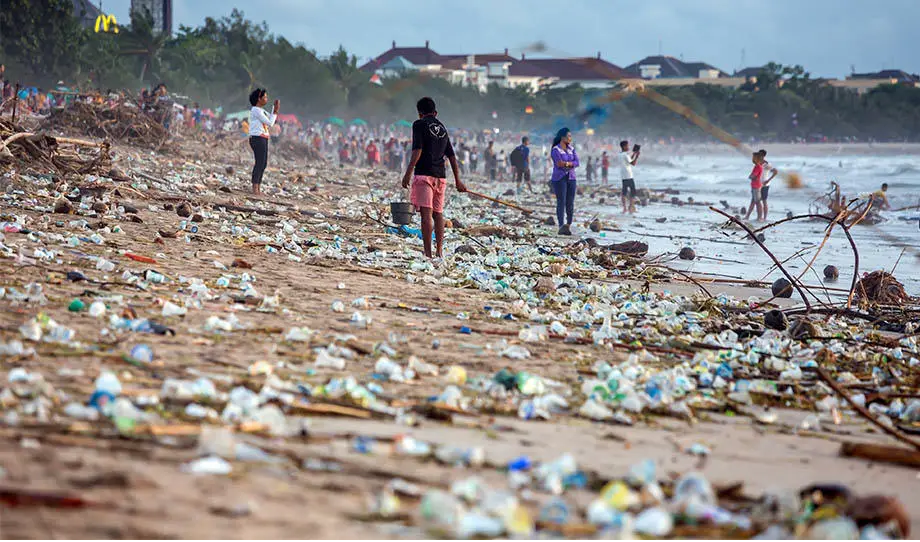Reviewed by Danielle Ellis, B.Sc.Oct 17 2023
Two novel enzymes can degrade one of the most prevalent single-use plastics, according to a study published in the journal Biofilms and Microbiomes by Brunel University London.

Image Credit: Brunel University London
They have the potential to be developed to disintegrate plastic bottles quicker than existing recycling processes and provide the raw material needed to build new ones.
Water-polluting plastic waste is a major issue, with most ordinary single-use plastics going to landfills, where they disintegrate over hundreds of years.
Bacteria have the potential to aid in addressing the waste dilemma, with scientists identifying numerous new species that encode enzymes capable of degrading plastic. However, these enzymes destroy plastic at a slow rate to be effective.
These new findings are really exciting. Not only have we identified two new PET (Polyethylene terephthalate) degrading enzymes, but we found a way to improve their degradation abilities by modifying the bacteria as whole, rather than modifying each enzyme individually.”
Dr Ronan McCarthy, Reader, Department of Life Sciences, Brunel University London
Brunel biomedical experts are conducting considerable synthetic biology research to identify ways to make these valuable plastic-disintegrating enzymes function harder.
Synthetic biology employs engineering concepts to create new biological processes, organisms, and devices, as well as change existing ones. In the current study, the strategies are used to improve bacteria’s ability to develop in communities known as biofilms.
Bacteria, like humans, dislike living on their own. Bacteria living in ‘communities’ in biofilms can exchange nutrition and communication signals, allowing them to tolerate severe temperatures and chemical hazards.
Plastic-degrading bacteria were genetically modified to adhere to waste plastic and form biofilms on it. The concentration of enzymes around the plastic increased, making it considerably stronger and more effective at breaking it down.
Dr McCarthy added, “This suggests that modulating biofilm formation may be an effective strategy to increase the efficiency of plastic degrading bacteria. Using biofilm to enhance plastic degrading enzyme activity could potentially be applied to all plastic degrading enzymes currently in development.”
Biofilms occur on a variety of natural surfaces, including soil, water, and rocks. Bacterial infections, such as MRSA, can produce biofilms in healthcare settings, creating a barrier to drugs and the immune system.
The researchers intend to put the two novel enzymes to the test in a bioreactor.
We want to see if increasing biofilm formation improves the degradation of plastic in a more industrial-like setting. We also aim to further harness synthetic biology to give even greater control over biofilm formation.”
Dr Sophie Howard, Researcher, Brunel University London